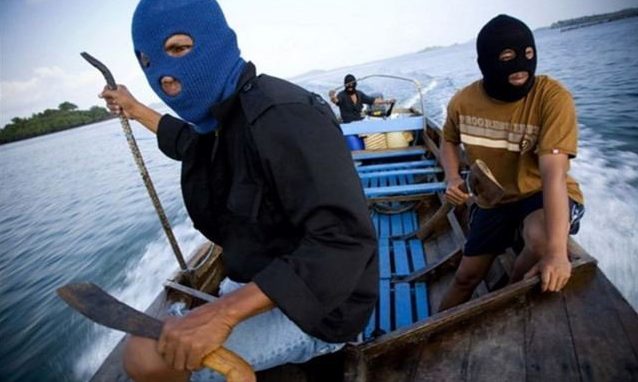Indonesia worried Sulu Sea risks becoming the ‘new Somalia’

Indonesian security officials are concerned that the Sulu Sea could become the ‘new Somalia’ on the back of a series of ship attacks in the past month. Indonesia is warning shipowners to be careful when transiting the area following three attacks in the past three weeks with the attackers taking hostages for ransom. A total of 18 Indonesians and Malaysians have been kidnapped in the area in the last 21 days, with the attacks looking like coming from the Philippine militant group, Abu Sayyaf.
“We don’t want to see this become a new Somalia,” Indonesian chief security minister Luhut Pandjaitan said yesterday.
The foreign ministers of Indonesia, Malaysia and the Philippines will meet in Jakarta soon to discuss the possibility of joint patrols.
The Indonesian Navy has instructed all commercial vessels to avoid piracy-prone waters around the southern Philippines.

The Sulu Sea has been a no man’s land for decades. But for most of that time, the horrific violence was Tausug on Badjao, and nobody much cared. The Abu Sayyaf are a Tausug group, which is certainly not to say that all Tausugs are terrorists, but there most certainly is a Tausug tradition of piracy, extending over centuries. The standing advice has been “Don’t go there, or at least not in a small craft” and lawlessness thrived.
It seems that small slow moving commercial ships are now being targeted, and this does look very much like Somali piracy.
Piracy in the virtually ungoverned sea space off Somalia has been suppressed, for the time being at least, by private security companies, operating under the umbrella of an international naval force. The situation in SE Asian waters, the cradle of modern piracy, where many large national maritime forces are active, and private maritime security is not welcome, is very different. It is also a highly regionalised picture. Abu Sayyaff (AS) maritime operations, for instance, are mainly conducted in support of lucrative land based criminal activity such as ransom and extortion. Elsewhere, high value gas oil, and palm oil tankers are targeted for a highly organised black market.. In the 20 + years I have been studying the subject, piracy in SE Asian waters has waxed and waned continually, driven by economic factors, and the effectiveness or otherwise of maritime security forces. I would expect this pattern to continue. AS are probably the most efficient of the sea raiders, if there really is enhanced activity on their part, then it is of considerable concern. Trevor Hollingsbee Defence and Security Analyst. Baird Maritime (Australia), Fragrant Harbour Publications (Hong Kong ,) Asian Military Review Armada International (Thailand)